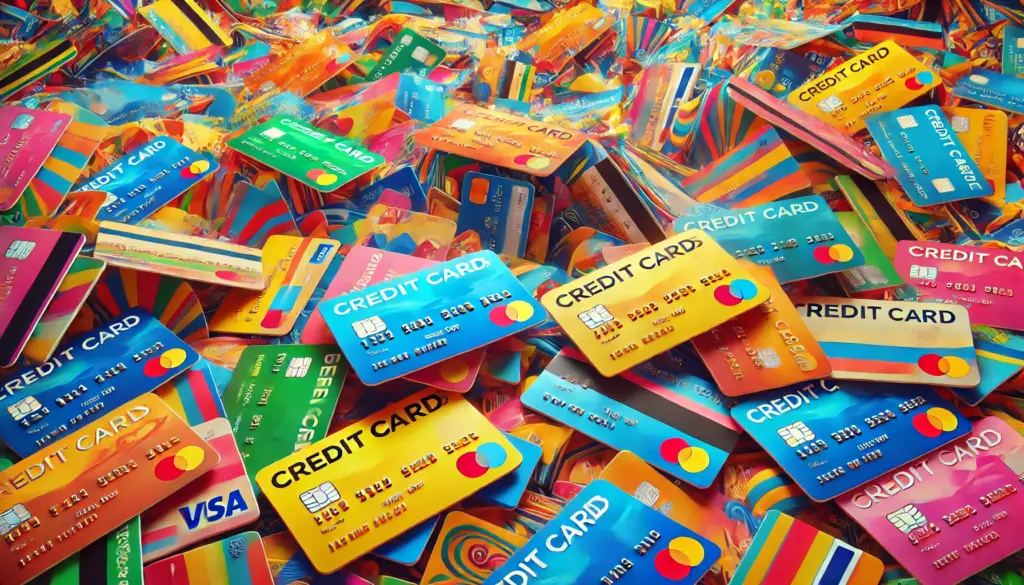Table of Contents
ToggleMaximize Rewards, Build Credit, and Enhance Lending Potential
Credit cards can be powerful tools for improving your financial standing when used responsibly. They offer rewards, help build credit, and can even increase your capital lending potential. However, improper use can lead to financial difficulties. In this post, we’ll discuss the best practices for using credit cards to your advantage.

Mastering Credit Card Use for Better Rewards and Credit Building
1. Spend Within Your Means
The cardinal rule of credit card use is to never spend money that you cannot pay back within 30 days. Treat your credit card like a debit card, only charging what you can afford to pay off each month. This practice not only prevents debt accumulation but also helps you avoid high-interest charges and maintain financial stability. The best part is that as you spend money you were already planning to spend on a credit card, and pay it off within the month, you earn rewards points that can be spent on treating yourself to a relaxing vacation.
2. Understanding Due Date vs. Statement Date
To effectively manage your credit card, it’s crucial to understand the difference between the due date and the statement date:
• Statement Date: This is the last day of your billing cycle. Your statement date marks the end of the period during which your transactions are recorded. Your balance on this date is what gets reported to the credit bureaus and is used to calculate your credit utilization ratio.
• Due Date: This is the date by which you must pay at least the minimum payment to avoid late fees and penalties. Typically, the due date is about 21-25 days after the statement date.
Understanding these dates helps you strategically manage your payments and optimize your credit score.
3. Lowering Credit Utilization
Credit utilization is the ratio of your credit card balance to your credit limit. A lower utilization rate positively impacts your credit score. Here’s how you can achieve this:
• Pay Off Balances Early: Aim to have a low to zero balance on your statement date. By paying off your balance before this date, you reduce the amount reported to the credit bureaus, thereby lowering your credit utilization percentage.
• Monitor Your Spending: Keep track of your expenses throughout the billing cycle and ensure they stay within a range that you can comfortably pay off each month. Budgeting and financial forecasting are excellent ways to achieve this.
4. Earning Reward Points
Many credit cards offer rewards in the form of points, cash back, or miles. To maximize these benefits:
• Use for Regular Expenses: Charge everyday expenses like groceries, gas, and utilities to your credit card. This way, you earn rewards without increasing your spending.
• Pay in Full Each Month: Avoid interest charges by paying your balance in full each month. This ensures that the rewards you earn are not offset by interest costs.
• Choose the Right Card: Select a credit card that aligns with your spending habits and offers rewards that are valuable to you. For example, if you travel frequently, a card with travel rewards might be beneficial.
5. Building Credit
Using a credit card responsibly is one of the best ways to build your credit score. Consistently paying off your balance on time and keeping your credit utilization low shows lenders that you are a responsible borrower. Over time, this can lead to a higher credit score and better lending terms.

Credit cards can significantly enhance your financial health when used wisely.
By spending within your means, understanding key dates, managing your credit utilization, earning rewards, and building credit, you can harness the full potential of your credit cards. Remember, the goal is to use credit as a tool to improve your financial situation, not as a means to spend beyond your limits.
For more tips and personalized advice on managing your finances, visit our website and explore our range of bookkeeping and accounting services. At Figgie’s Finance, your success is our priority!

Additional Resources
For further assistance in managing your business finances and building business credit, consider using the following tools:
• QuickBooks: A powerful accounting software to help manage your business finances.
• 1Password: Securely store and manage your business passwords and sensitive information.









